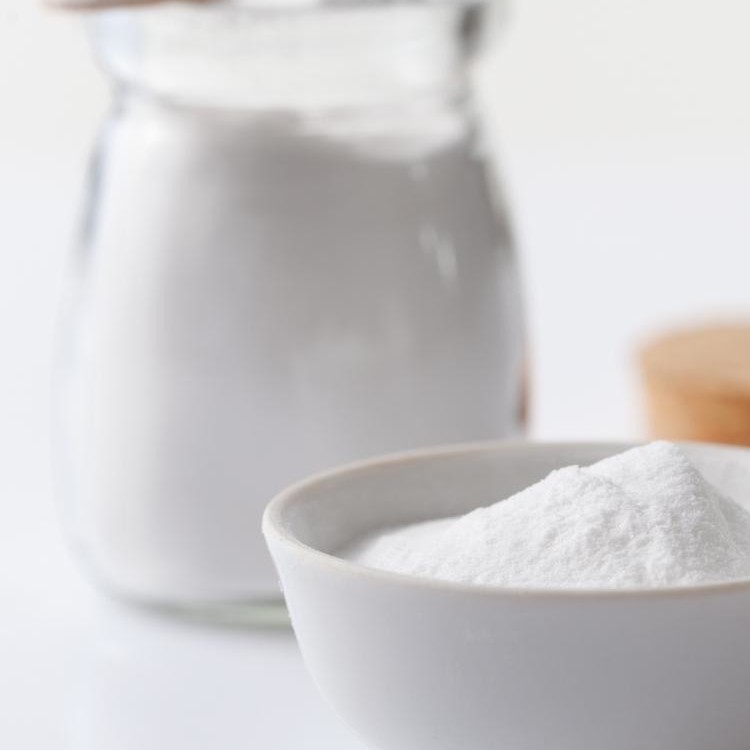
How to Make Baking Powder
Just realized you’re out of baking powder and you need it for a recipe? Don’t worry, you can make homemade baking powder in seconds! This post explains How to Make Baking Powder, plus it answers the most commonly asked questions about storing and using it.
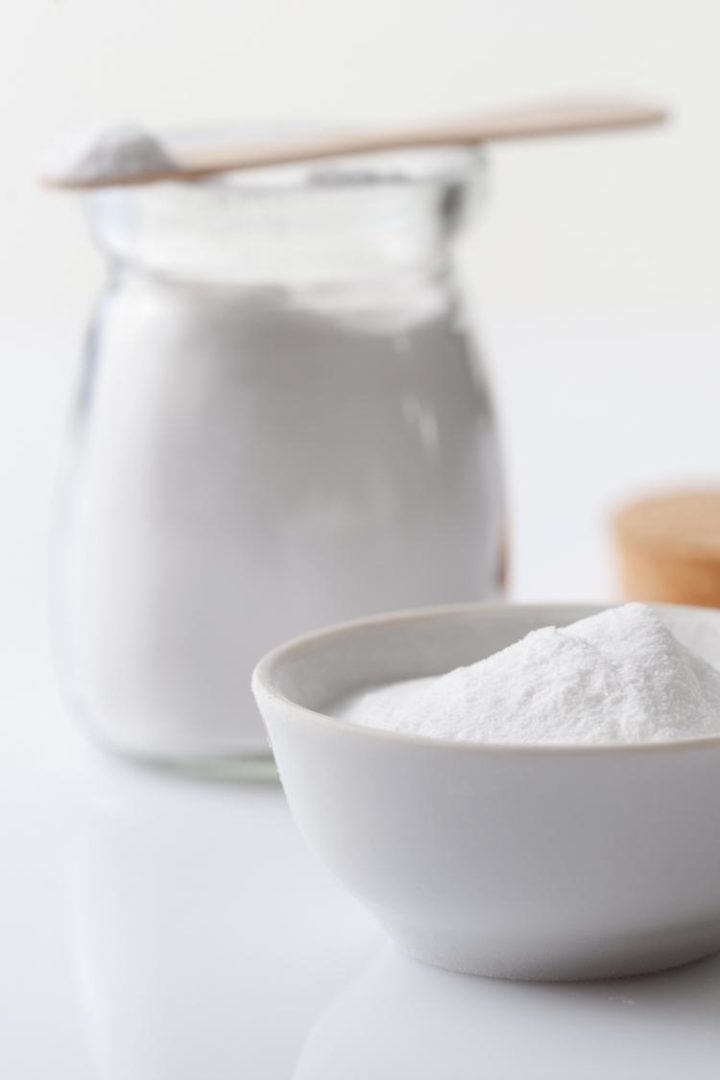
Why Make Your Own Baking Powder?
Knowing how to make your own DIY baking powder alternative is a handy skill to have!
Whether you’ve run out of baking powder, or the box you have expired long ago, baking powder is a key ingredient in many baked goods.
Not to mention that homemade baking powder tastes better than the commercially made variety, and as a bonus it’s made without any nasty additives!
Consider this post your crash course to baking powder, including what it is, how it’s different from baking soda, and how to make your own homemade baking powder in seconds.
What Is Baking Powder?
In short, baking powder is a chemical leavening agent that helps baked goods rise in the oven. Baking powder is made with three ingredients: an acid, a base, and a filler ingredient.
Baking powder comes in two varieties, single acting and double acting. This recipe for DIY baking powder makes a single acting baking powder. I’ll explain what that means in a little bit.
What Does Baking Powder Do?
Baking powder is what makes your cakes, cookies, and quick breads light and fluffy rather than dense and chewy.
When baking powder comes into contact with a liquid — such as melted butter, eggs, or milk — it causes an acid-base reaction. This reaction creates carbon dioxide and causes batters and dough to rise.
Single Acting vs Double Acting Baking Powder
As I mentioned above, baking powder can be either single acting or double acting. Here’s the difference between the two:
- Single acting baking powder: Only reacts once, when it’s stirred into a dough or batter and comes into contact with a liquid. This type of baking powder is best suited to muffin, quick bread, cake, and cupcake recipes (i.e. anything that will be baked immediately and won’t have to sit out).
- Double acting baking powder: Reacts twice, first when it’s stirred into a dough or batter and again when it’s exposed to heat. Double acting baking powder is ideal for batters and doughs that won’t be cooked right away, such as cookie dough, pancakes, and waffles.
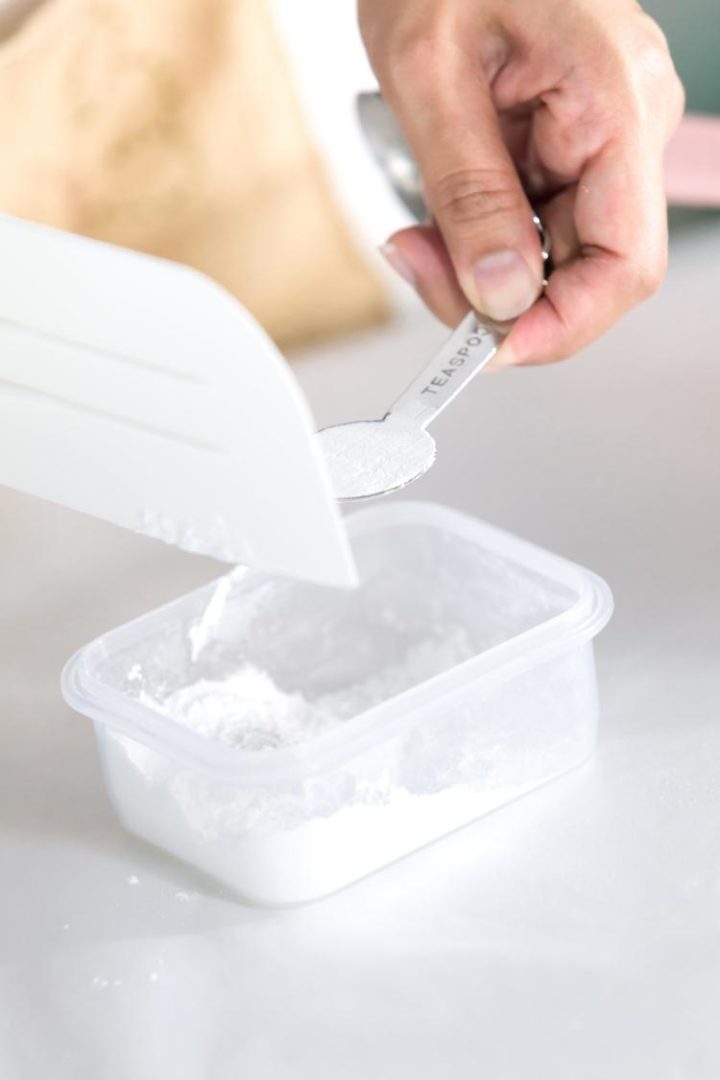
Difference Between Baking Powder and Baking Soda
Baking soda is alkaline, or a base. It’s also a leavening agent, but it only works when combined with an acidic ingredient such as buttermilk, lemon juice, yogurt, or vinegar. Baking soda is about 4 times stronger than baking powder, so you need significantly less of it when baking!
Baking powder is acidic. As I explained in the section above, double acting baking powder reacts when it’s added to a dough or batter and again when it’s exposed to heat.
Can Baking Soda Replace Baking Powder?
Yes … sort of. Baking powder is actually made with baking soda (confusing, I know!).
However, baking powder also contains an acid to balance out the alkaline baking soda. Cream of tartar is the most common acid used in baking powder.
Otherwise I don’t recommend substituting baking powder with baking soda.
If you used baking soda instead of baking powder, you’d also need to increase the amount of acid in the recipe (i.e. buttermilk, yogurt, etc) to balance out the larger quantity of alkaline baking soda being used.
What Is Baking Powder Made Of?
To make homemade baking powder, you’ll need the following ingredients:
- Baking soda
- Cream of tartar
- Cornstarch (optional)
Seriously, those are all the baking powder ingredients you’ll need!
How to Make Baking Powder
Wondering what you can substitute for baking powder? The easiest option is to make your own!
Prepare a big batch of baking powder to keep on hand at all times, or make just 1 teaspoon so you have enough for a single recipe.
To Prepare a Big Batch
To prepare a larger batch of homemade baking soda, follow this ingredient ratio:
1 part baking soda + 1 part cornstarch (optional) + 2 parts cream of tartar
Stir the ingredients together in a bowl, making sure everything is thoroughly combined. Then, seal and label. Store someplace cool and dry.
To Prepare 1 Teaspoon
Just need 1 teaspoon of baking powder to squeeze by? Combine the following:
- ½ teaspoon cream of tartar
- ¼ teaspoon cornstarch
- ¼ teaspoon baking soda
How to Store Baking Powder
Baking powder needs to be stored in a cool, dry place. I recommend storing it in an airtight container, such as a mason jar or small spice container.
Be sure to label and date your homemade baking powder so you know what it is and when it expires.
How Long Does Baking Powder Last?
If stored properly, baking powder will last up to 9 to 12 months.
Does Baking Powder Expire?
Yes, baking powder expires after roughly 9 to 12 months. Usually, you can’t tell that it has expired just by looking at it.
Expired baking powder won’t react with the liquid ingredients when stirred into the batter, nor will it react when exposed to heat. As such, using expired baking powder in a recipe will result in flat, dense cakes, cupcakes, and cookies.
To tell whether your not your baking powder has expired, you must test it prior to using it in a recipe.
How to Test Baking Powder
Testing baking powder is a quick and easy process that takes mere moments to complete.
- Add 3 tablespoons of warm water to a bowl (warm tap water works!).
- Stir ½ teaspoon of baking powder into the water.
- If the mixture begins to fizz, the baking powder is fresh. If no reaction occurs, you need to replace your baking powder.
Tip: If you’re making a DIY baking powder substitute, be sure to check your baking soda beforehand to ensure it hasn’t expired as well! Use the same method as above, but mix ½ teaspoon of baking soda with 3 tablespoons of vinegar instead of water.
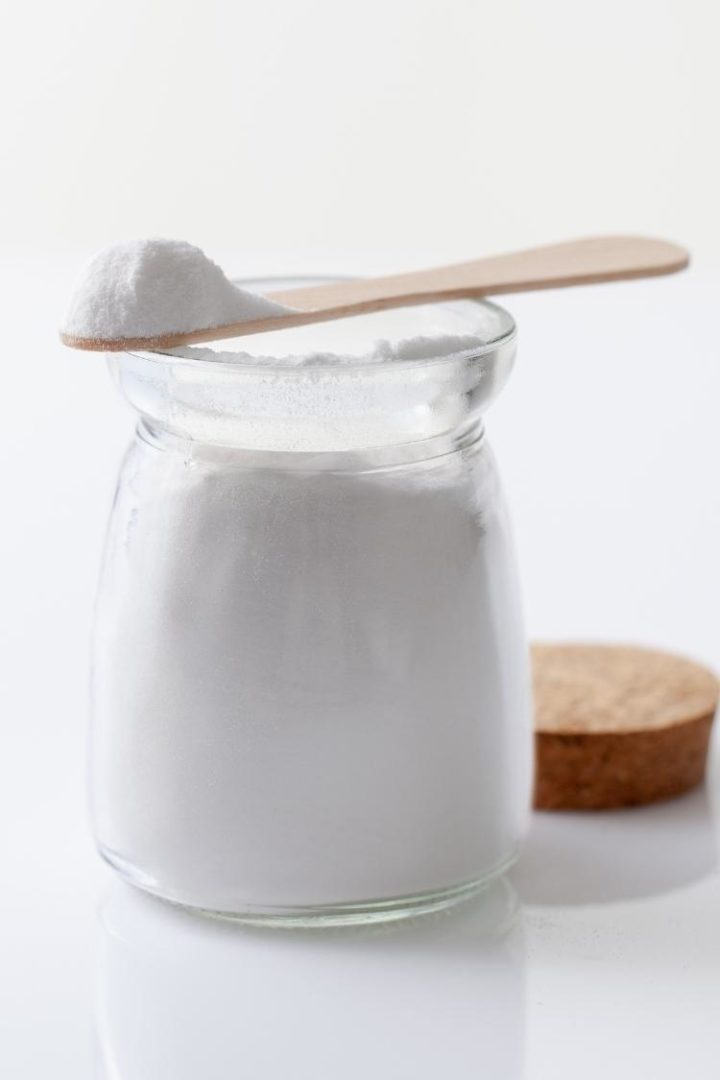
Tips for Baking with Baking Powder
- Use the correct variety: Homemade baking powder recipes like the one I’ve shared with you today make single acting baking powder. If the recipe you’re making requires double acting, you’ll need to run to the grocery store and cannot substitute homemade.
- Test your baking powder: Can’t remember when you bought your baking powder? Sprinkle some into a bowl of warm water to see if a reaction occurs!
- Never use expired baking powder: If your baking powder is expired, you have to throw it out and either make a substitute or buy a new container. Expired baking powder won’t deliver the same results.
Baking Powder Uses
Now that you know how to make baking powder at home, you can begin baking with it! Remember that homemade baking powder is single acting, so it works best in recipes where the dough or batter is cooked immediately.
Toasted Coconut Sugar Cookies
These chewy Coconut Sugar Cookies are ultra chewy and packed with shredded coconut. Best of all, they're gluten-free!
Chocolate Chip Pecan Blondies
This recipe for Chocolate Chip Pecan Blondies is one of my favorite quick recipes when I want that chocolate chip cookie taste. They are the perfect go-to if I don’t already have some frozen cookie dough or don’t have the time to invest in preparing my favorite chocolate chip cookies.
Cinnamon Applesauce Bread with Walnuts
This Cinnamon Applesauce Bread with Walnuts is perfect for fall and features some of fall’s best flavors, such as cinnamon, apples, and walnuts.
Beer Batter Muffins with Caramelized Onions and Parmesan
Savory muffins, like these Beer Batter Muffins with Caramelized Onions and Parmesan, are the perfect, comforting addition to a fall or winter evening meal.
Coconut Lime Banana Bread with Lime Glaze
Thanks to its bright, fruity flavors, Coconut Lime Banana Bread is perfect for spring baking. Serve this bread up for snacking, for dessert with some fresh whipped cream or vanilla ice cream, or for your next spring brunch.
Dark Chocolate Cupcakes with Salted Caramel Buttercream and Caramel Glaze
Decadent dark chocolate cupcakes are piped with a salted caramel buttercream and drizzled in homemade Caramel Sauce with Vanilla and Bourbon for a delicious sweet and salty dessert.
Multi-Grain Banana Bread
This Multi-Grain Banana Bread is a very yummy solution to the overripe banana problem. Even if you don’t like bananas. I would know. Because I definitely do not like bananas. Which is probably why we had so many extra in the first place.
Orange Ricotta Bundt Cake
Ricotta doesn't have to be only for lasagna! It lends a really great texture to this bundt cake, which is flavored with the classic combination of cranberry and orange.
Chocolate Orange Muffins
This recipe for Orange Chocolate Chip muffins is super simple to bake! These muffins get their tangy orange flavor from plenty of fresh orange zest and fresh orange juice! Throw in some mini dark chocolate chips for an extra sweet treat.
White Chocolate Lemon Cookies with Toasted Coconut
Toasting coconut may seem like an extra step, but it's totally worth it to add to the flavor of these cookies! The toastiness compliments the lemon so well.
Quiche Lorraine Scones
Scones are generally in the "sweet" category so I wanted to try something different and thus the quiche lorraine scone was born! Who doesn't love cheddar biscuits - these are a good twist.
Apricot Almond Cake
This Apricot Almond Cake features a creamy apricot filling and is topped with fresh apricots and slivered almonds. Perfect with your morning cup of coffee or as dessert!
Strawberry Mascarpone Scones with Honey Milk Glaze
We love scones in my house. They are sweet enough to be a breakfast treat for the kids but not so full of sugar I don't feel good about serving them!
Triple Chocolate Chunk Cookies
These Triple Chocolate Chunk Cookies are flavored with chocolate three ways. They're chewy around the edges and soft in the middle, just like a cookie should be!
Blueberry Cream Cheese Muffins
Studded with fresh blueberries and cubes of cream cheese, these blueberry cream cheese muffins turn out perfectly moist and flavorful every time!
More Kitchen Tutorials:
Learn all about common buttermilk substitutes as well as how to make buttermilk in this post. It’s easier than you’d think to make your own buttermilk!
Homemade pumpkin puree can be used in many sweet and savory recipes and lets you enjoy pumpkin season year-round! In this post, I’m sharing 5 ways to make pumpkin puree from scratch as well as how to store, freeze, thaw, and use it.
Homemade bacon bits are super easy to make at home, and way better tasting than store-bought! You can enjoy them atop salads, soups, wraps, and more!
Come learn how to make easy homemade croutons! Who needs expensive bags of store-bought ones when you can make your own croutons exactly how you like them?
Don’t throw out those vegetable scraps, use them to make vegetable broth instead! In this post, I’m sharing how to make vegetable broth from scraps or whole vegetables as well as answering commonly asked questions about homemade broth.
Stay Inspired in the Kitchen!
Want more delicious recipes, kitchen tips, and meal inspiration? Sign up for the Good Life Eats Newsletter and get:
✔ Tried-and-true recipes—from quick weeknight meals to special occasion favorites.
✔ Seasonal meal ideas—helping you make the most of fresh, in-season ingredients.
✔ Time-saving kitchen tips—boosting your confidence and creativity in the kitchen.
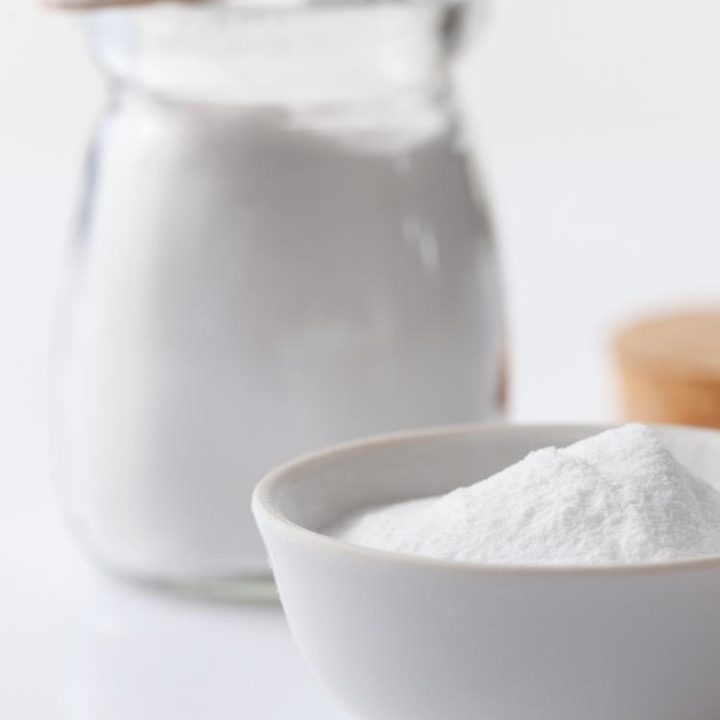
How to Make Baking Powder
Just realized you’re out of baking powder and you need it for a recipe? Don’t worry, you can make homemade baking powder in seconds! This post explains How to Make Baking Powder, plus it answers the most commonly asked questions about storing and using it.
Ingredients
- Baking soda
- Cream of tartar
- Cornstarch (optional)
Instructions
To Prepare a Big Batch
- Combine 1 part baking soda + 1 part cornstarch (optional) + 2 parts cream of tartar
- Stir the ingredients together in a bowl, making sure everything is thoroughly combined.
- Then, seal and label. Store someplace cool and dry.
To Prepare 1 Teaspoon
- Combine ½ teaspoon cream of tartar, ¼ teaspoon cornstarch, and ¼ teaspoon baking soda.
Notes
How to Store Baking Powder
Baking powder needs to be stored in a cool, dry place. I recommend storing it in an airtight container, such as a mason jar or small spice container.
Be sure to label and date your homemade baking powder so you know what it is and when it expires.
How Long Does Baking Powder Last?
If stored properly, baking powder will last up to 9 to 12 months.
Recommended Products
As an Amazon Associate and member of other affiliate programs, I earn from qualifying purchases.
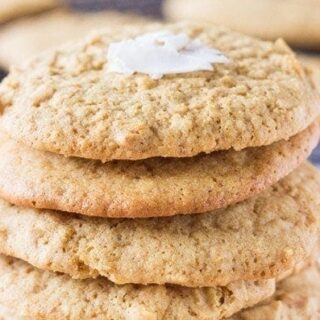
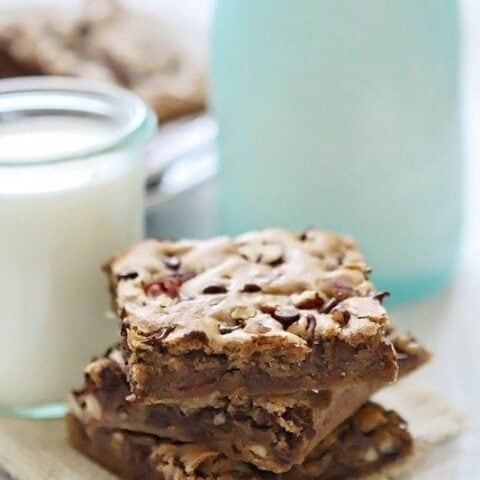
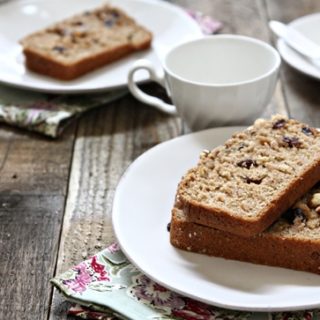
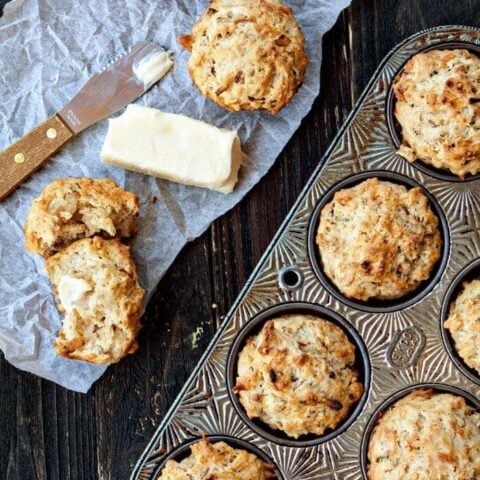
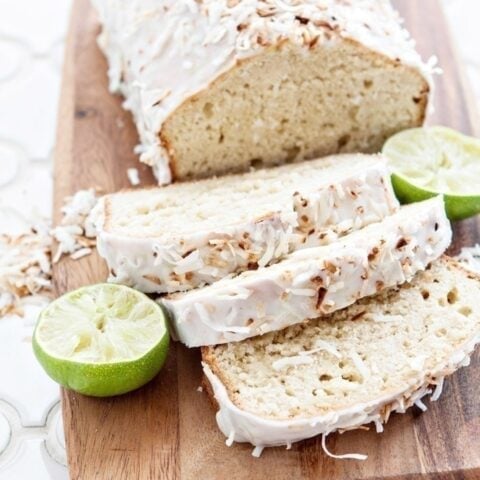
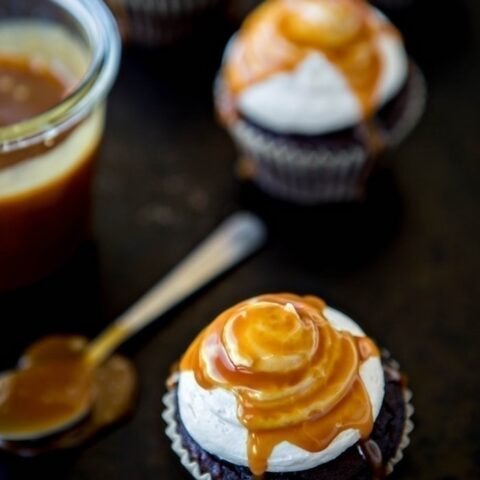
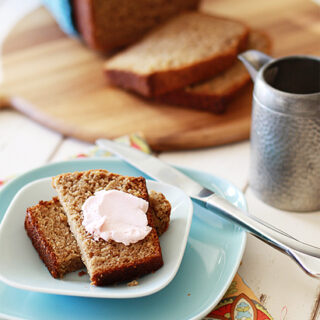
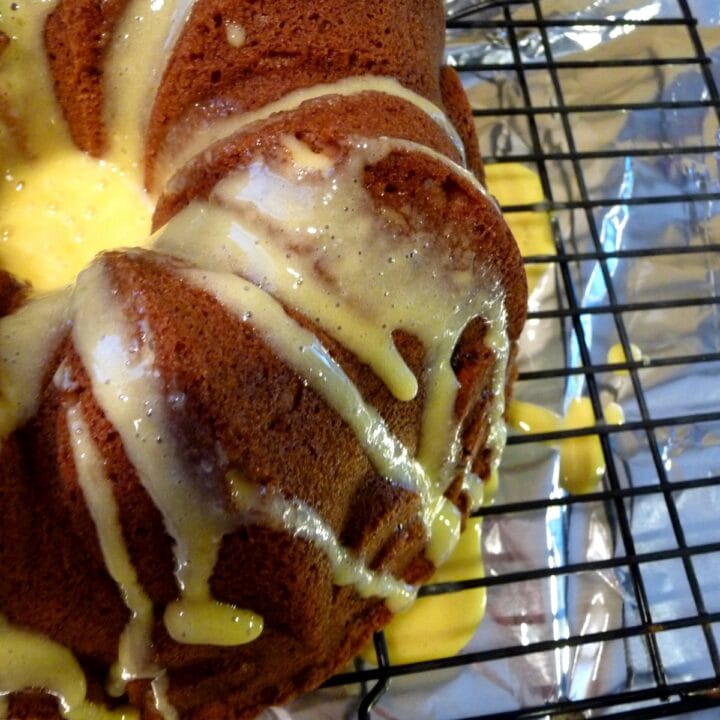
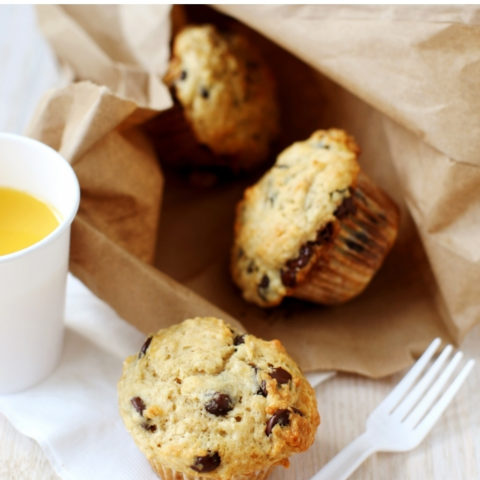
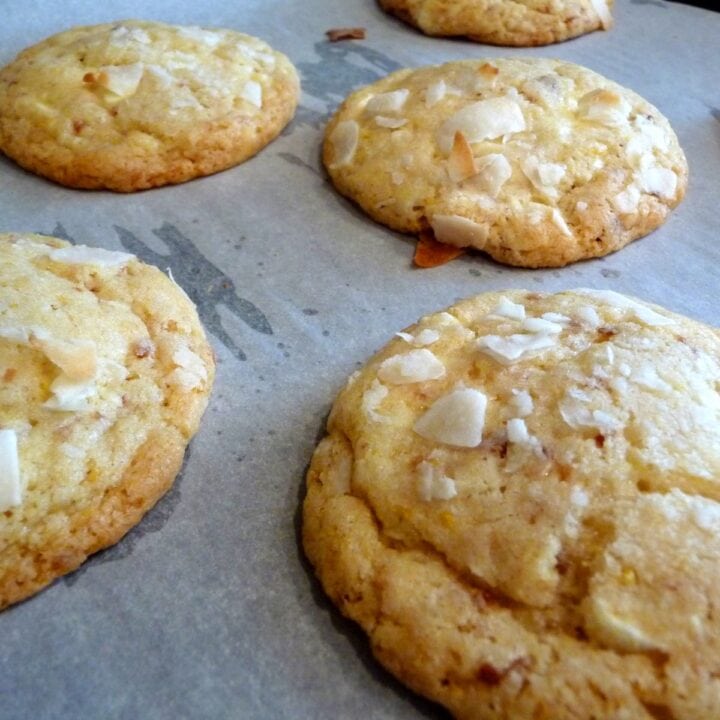
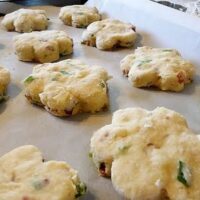
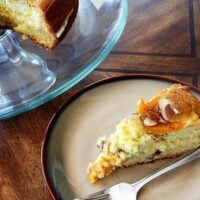



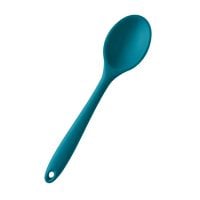
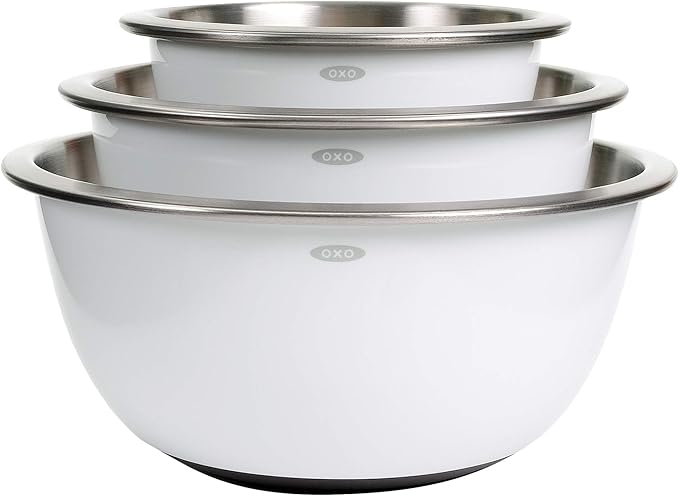
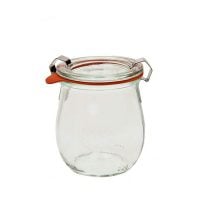
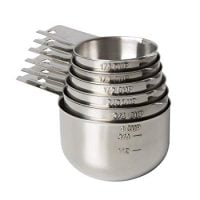
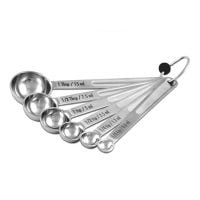
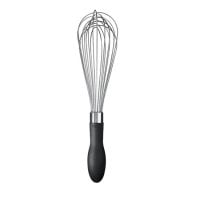

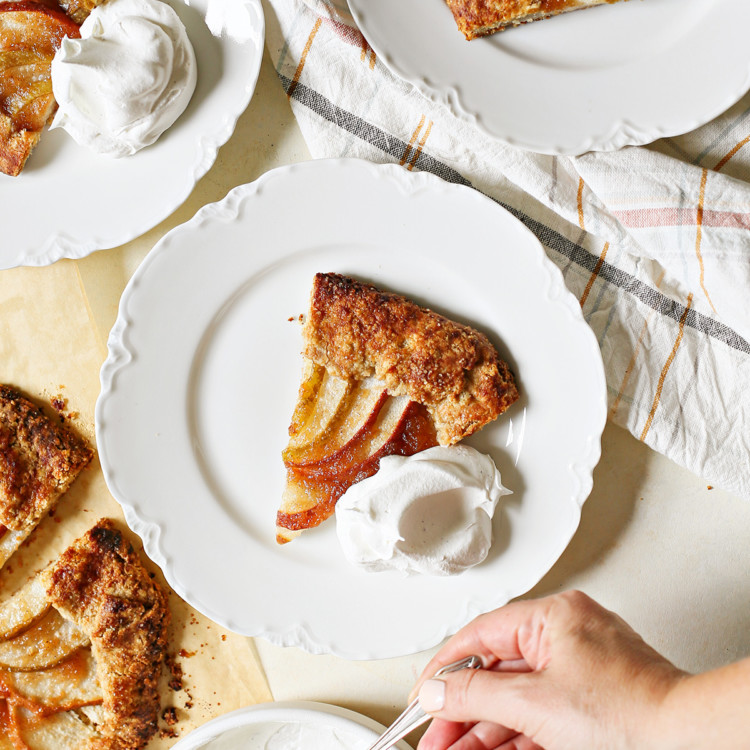
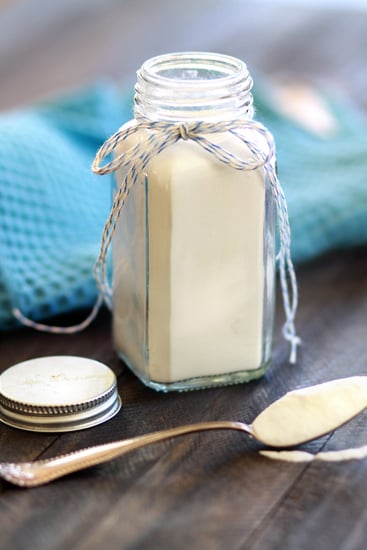
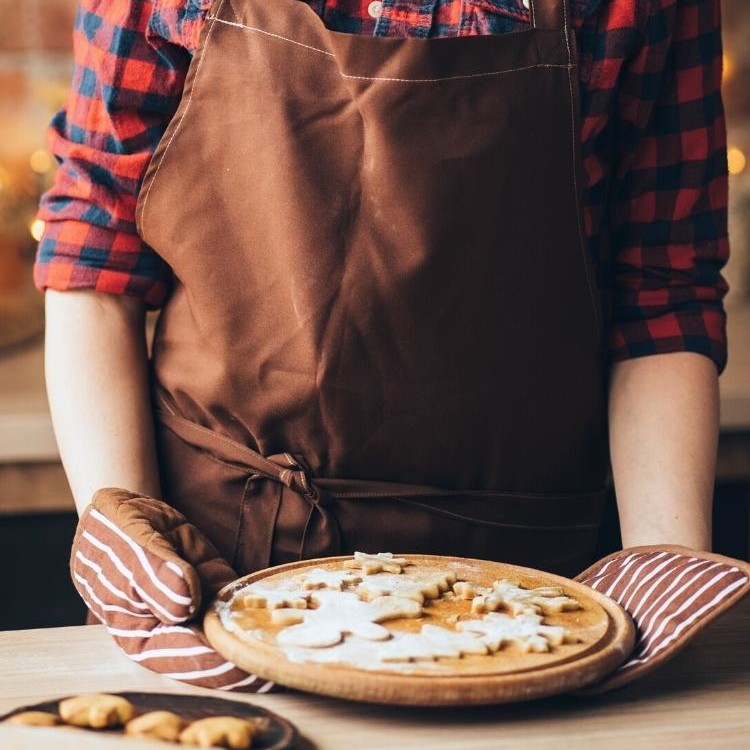
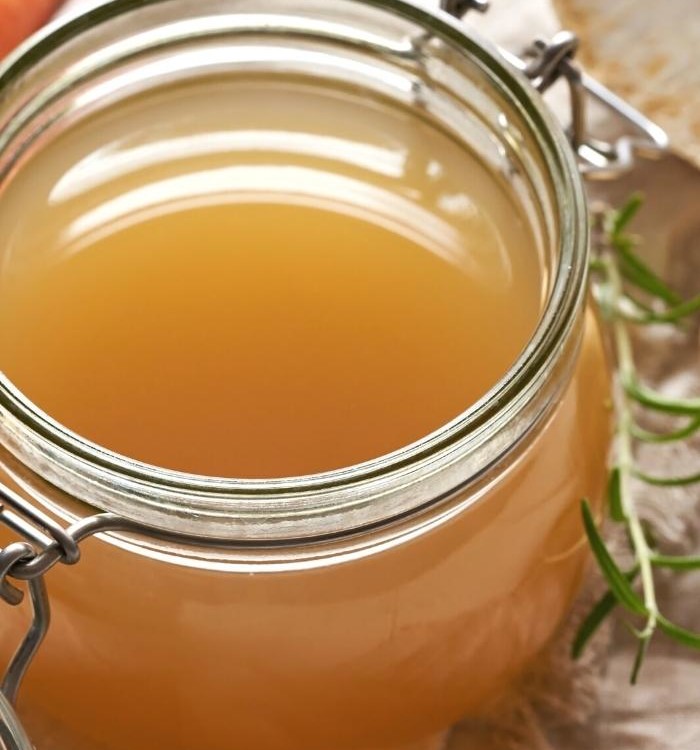

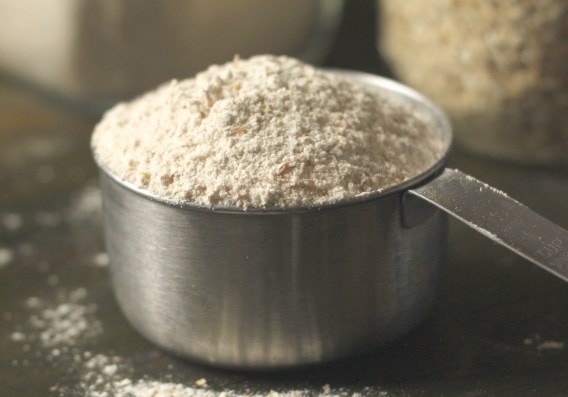
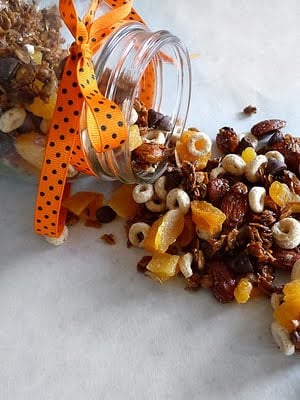
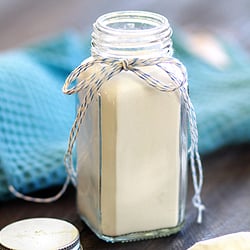
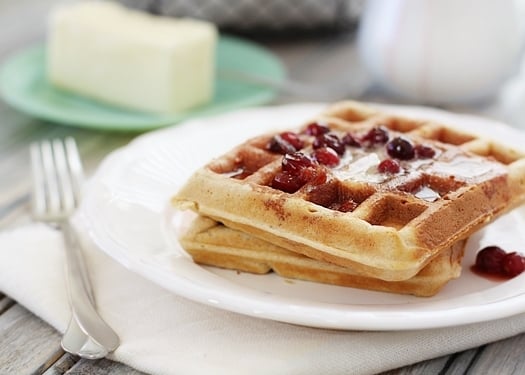

Leave a Comment